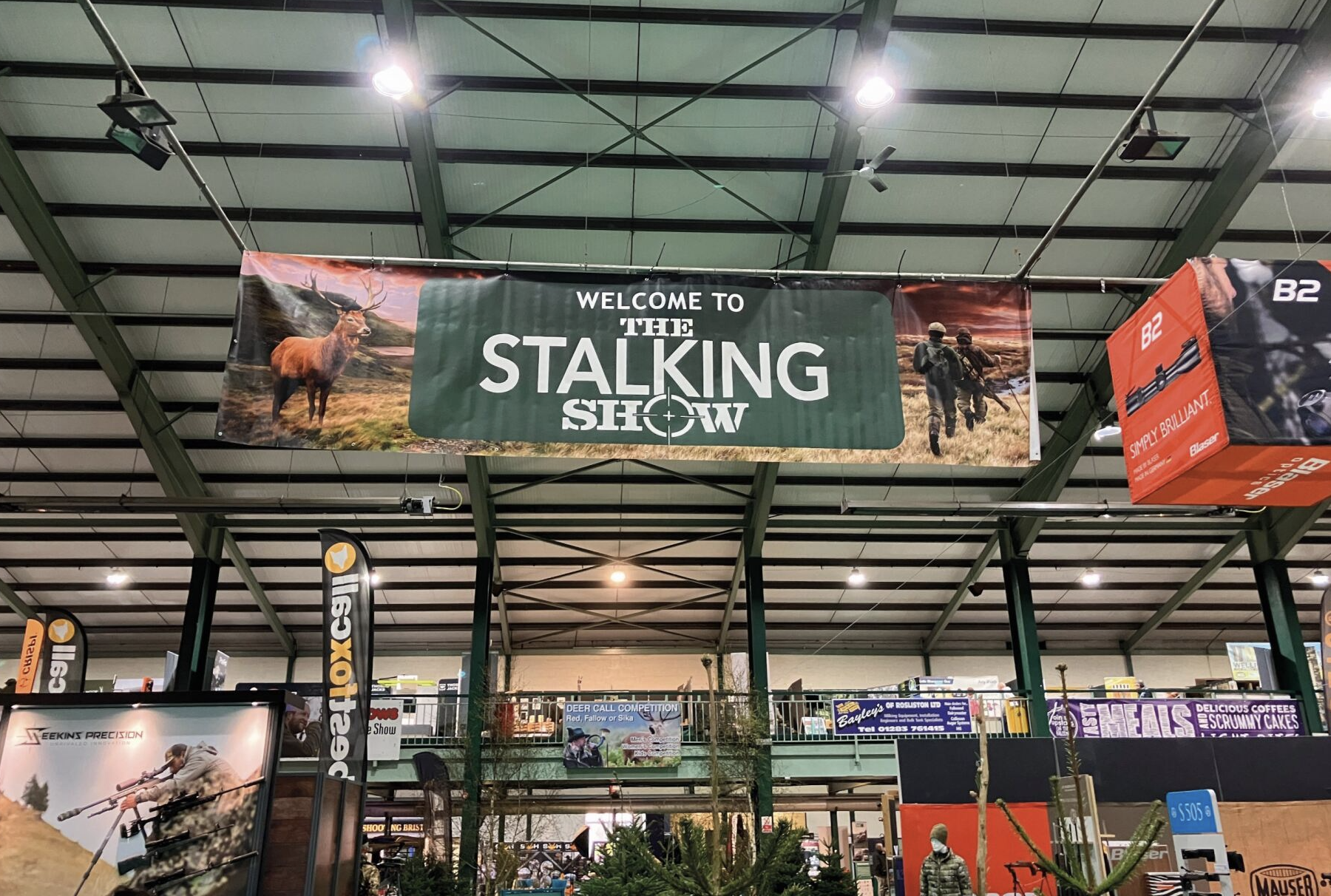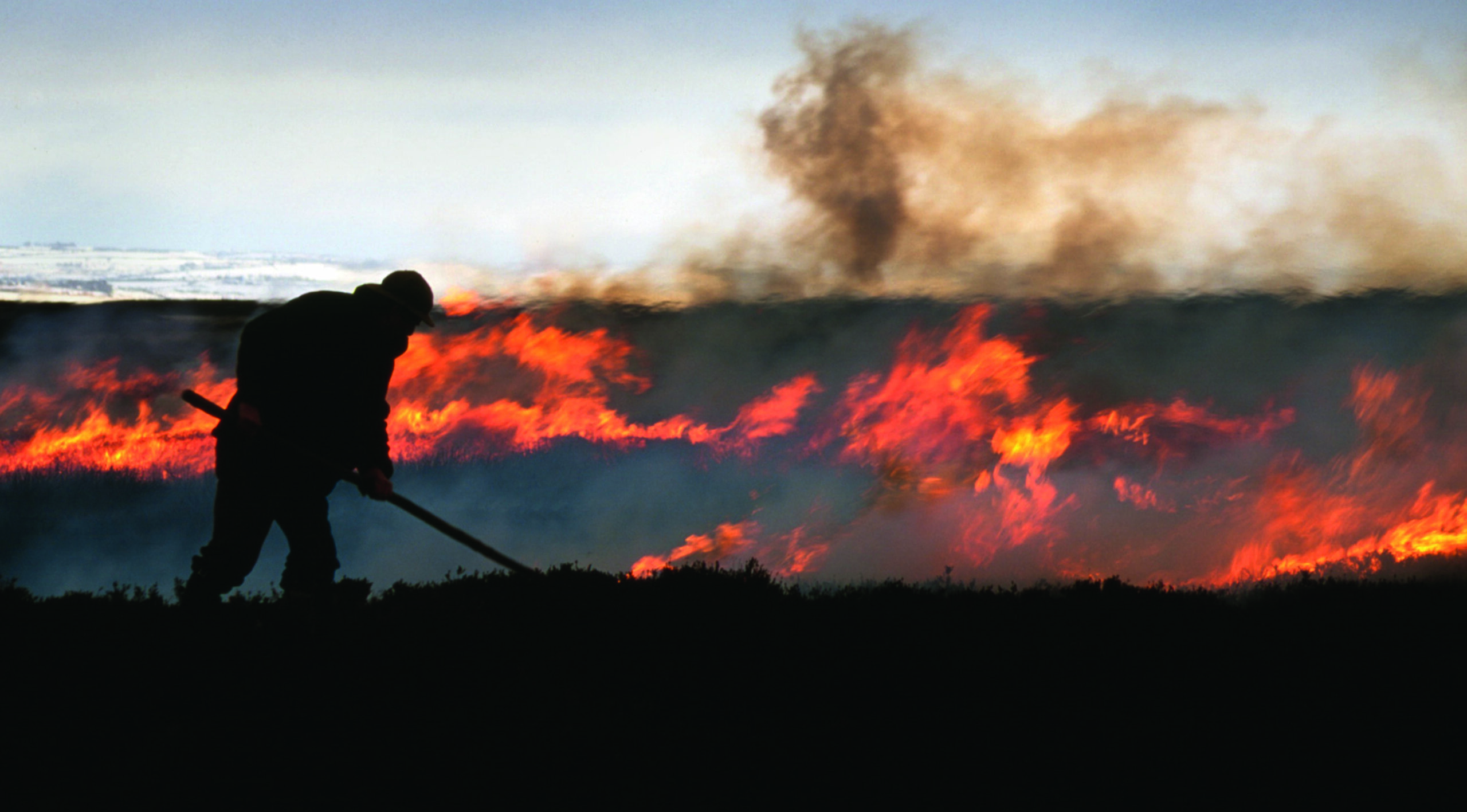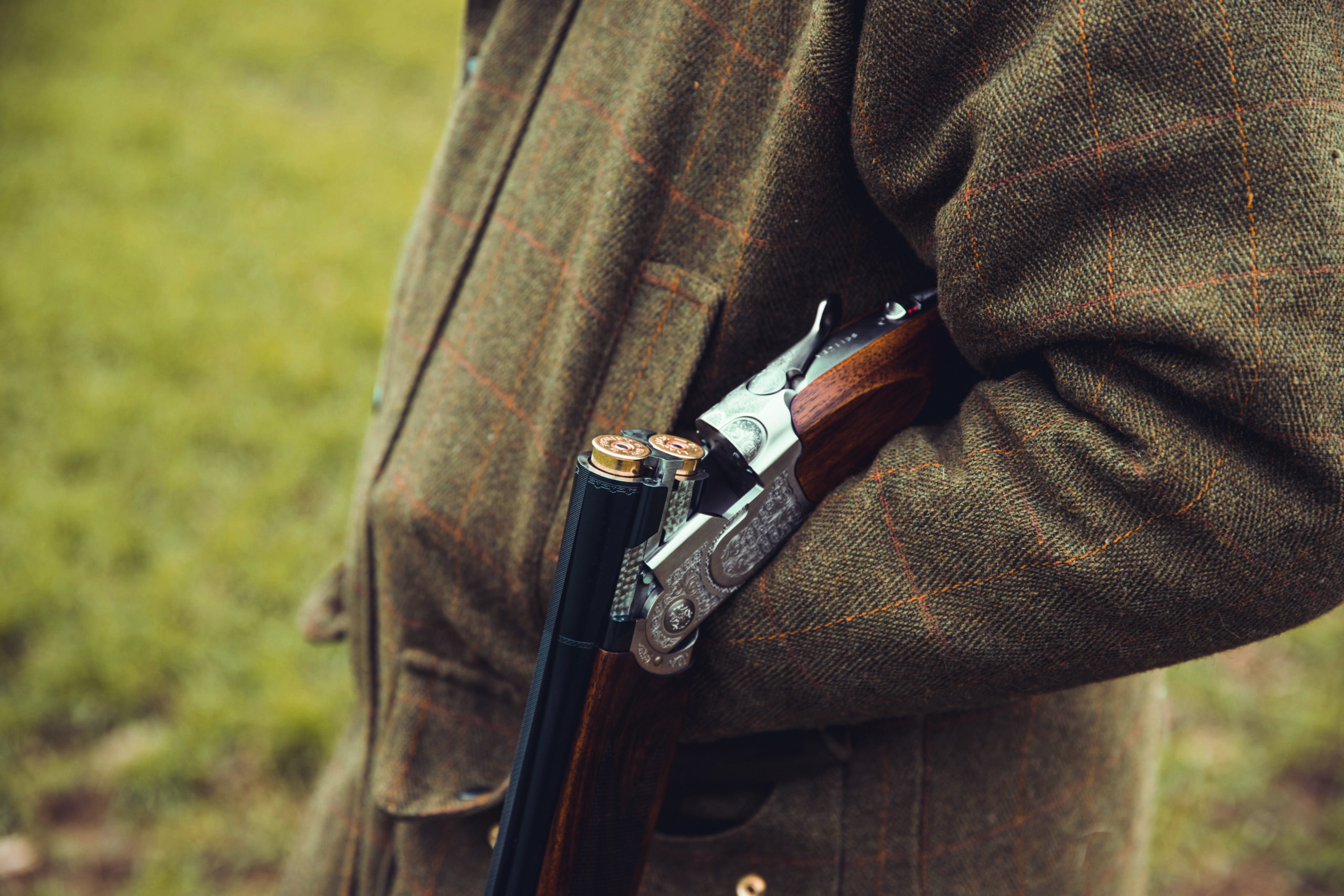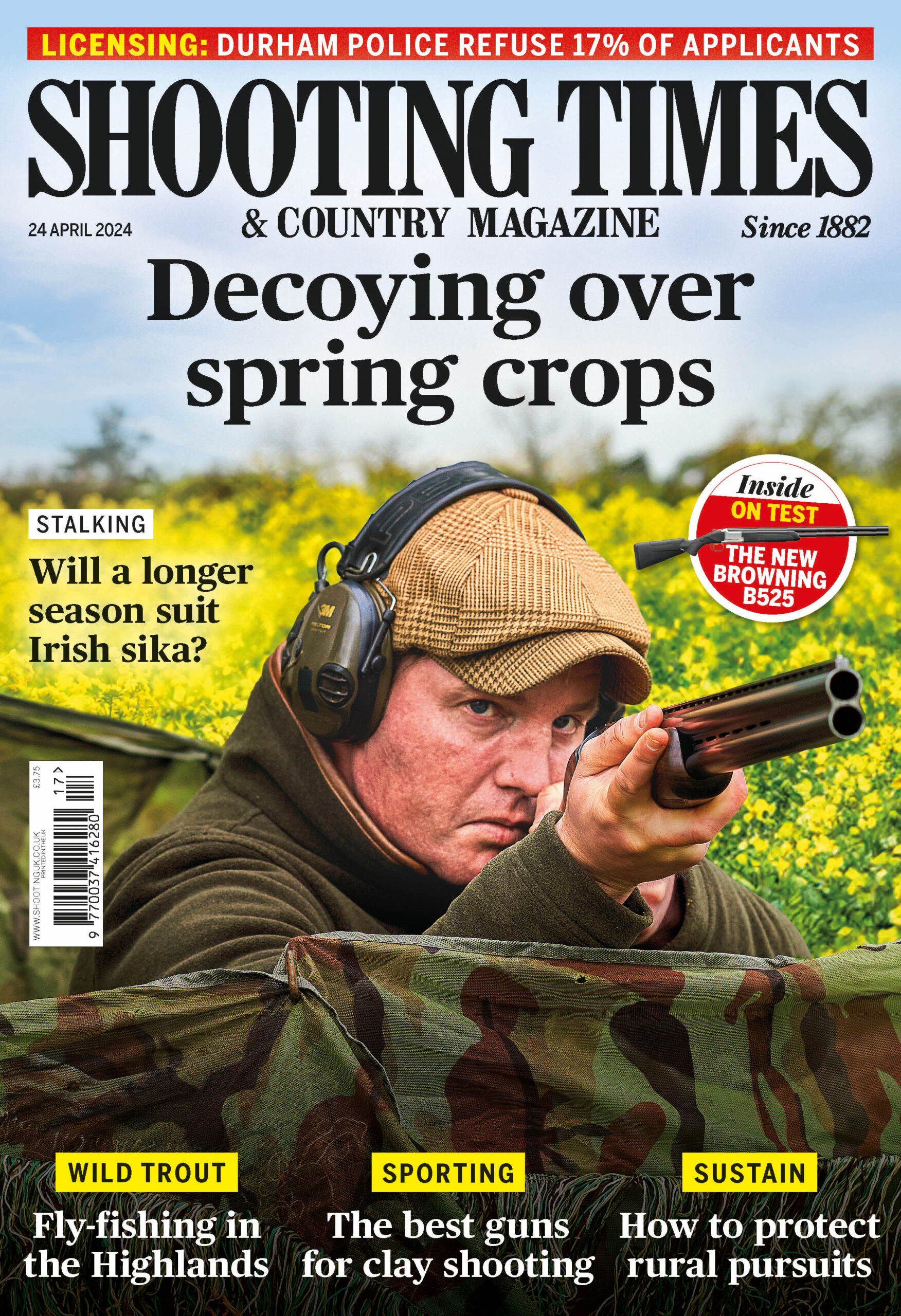Shooting and fieldsports praised by scientists
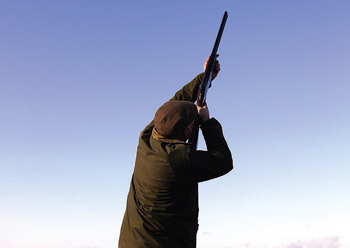
Shooting and fieldsports praised by scientists.
Fieldsports have been almost universally good for the hunted species and the non-hunted, non-predators that thrive in the same habitat, according to a new work due to be published next month on the state of the wildlife in Britain and Ireland.
Compiled by a team of 40 of the leading scientists in the area, the book Silent Summer appraises the changes that have occurred in a wide range of wildlife species and their habitats over the past 20 years and outlines urgent priorities for conservation.
It traces how species including farmland birds, brown hares, water voles and many butterflies and other insects are in decline because of changing farming practices and loss of habitat, but the 600-page book also praises the vital role fieldsports play in conservation.
Edited by professor emeritus Norman Maclean, of Southampton University?s School of Biological Sciences, Silent Summer draws on a number of scientific studies undertaken by the Game & Wildlife Conservation Trust (GWCT) and includes a chapter on the grey partridge written by three of the trust?s principal scientists.
It also includes a significant chapter on fieldsports produced by Robin Sharp, chair emeritus of the International Union for Conservation of Nature, in collaboration with the trust?s Professor Nick Sotherton.
Professor Sharp writes that fieldsports have been almost universally good for the hunted species and the non-hunted, highlighting that 86% of woodland managed for hunting had vegetation cover compared with just 64% in unmanaged woodland.
The book also refers to a GWCT study of three areas in central England which found that all owners of land used for hunting and shooting had planted new woodland, compared with only 30% of landowners not involved in hunting or shooting.
In the book, which has the endorsement of the naturalist Sir David Attenborough, Prof Sharp states: ?This suggests that those who hunt and/or shoot provide significant conservation benefits.?
He adds: ?More game keeping, game crops and habitat management would undoubtedly achieve even more.
Separately, the book offers a worrying but unwittingly beneficial prospect for fly-fishers as it tells how, due to falling insect populations, trout have become less selective over the flies they take.
A study by fishermen Cyril Bennett and Warren Gilchrist on two world-renowned chalkstreams, the Itchen and the Test in Hampshire, found that insect levels had reduced so that trout had become easier to catch.
Professor Maclean said: ?The days of detailed imitation flies being used are largely over, at least in the southern chalkstreams. The fly hatches have been so reduced that trout will take pretty much anything they can get.?

